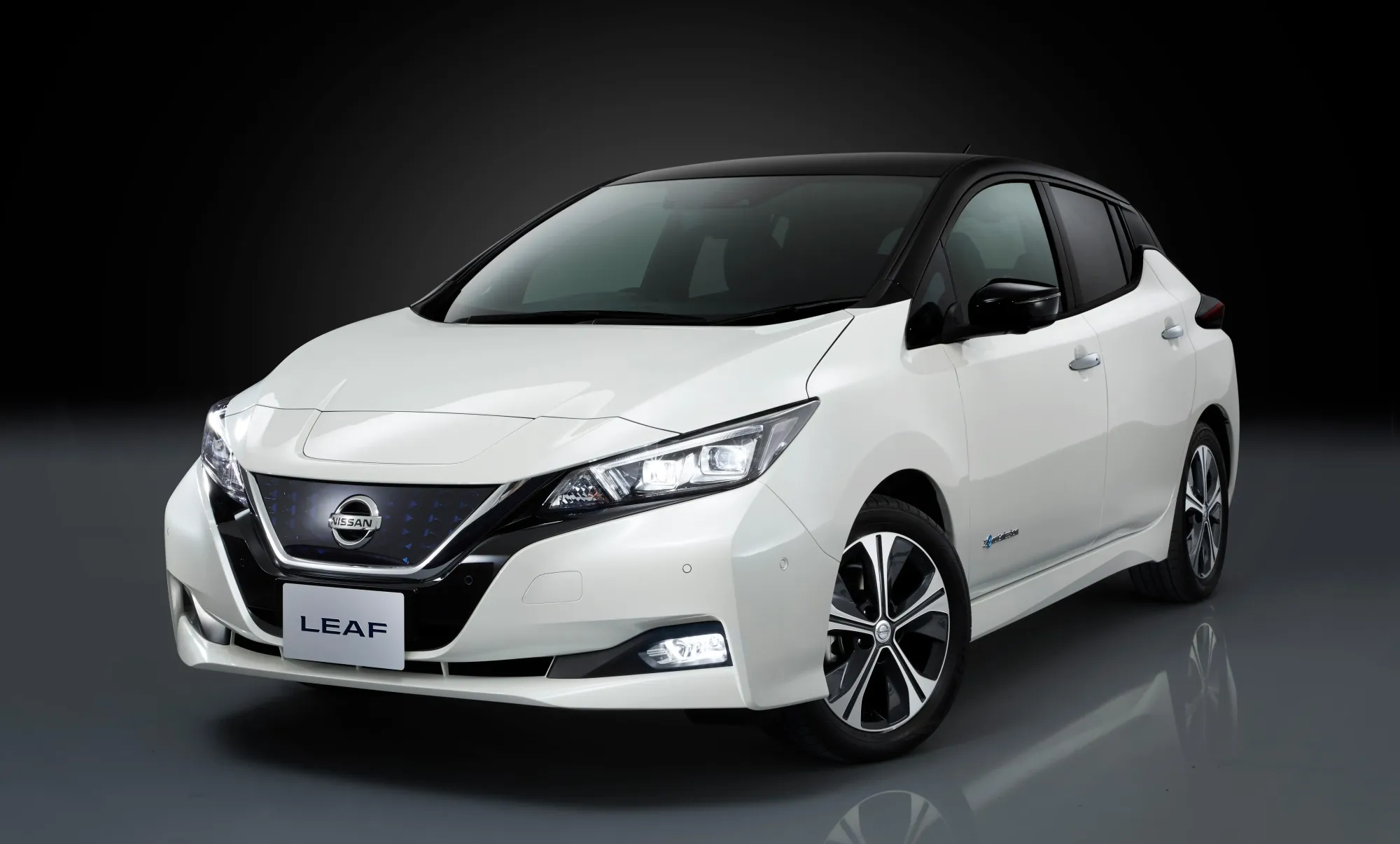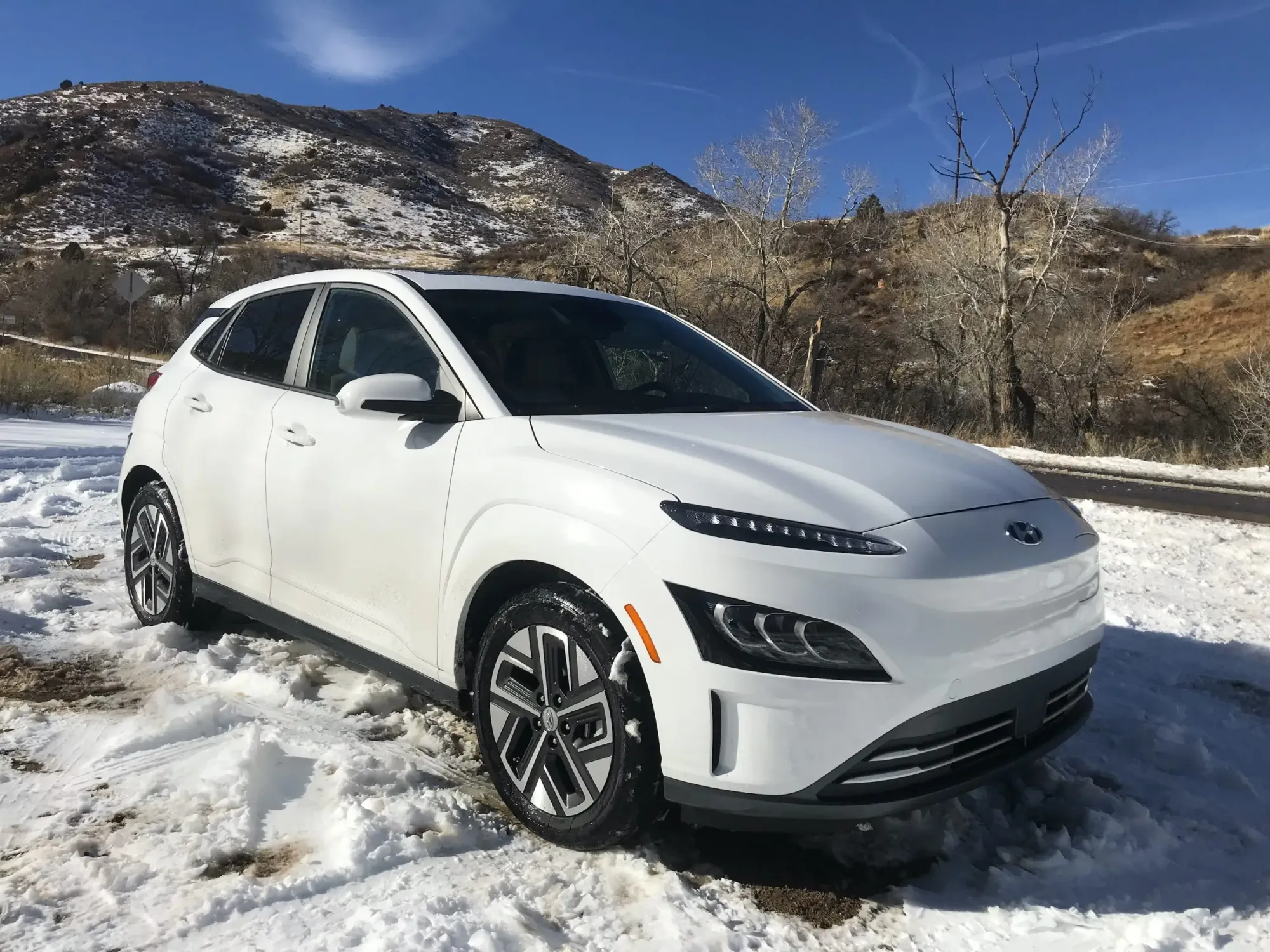The Nissan Leaf and Hyundai Kona Electric are standout models in the electric vehicle market, offering modern tech and impressive efficiency. This comparison will guide EV enthusiasts and prospective buyers through key aspects such as pricing, design, performance, and technology, helping them make informed decisions.
Pricing and Trim Levels: Nissan Leaf vs Hyundai Kona Electric
When selecting an EV, understanding the pricing and trim options can significantly influence your decision.
-
💰 Base Model Pricing: The Nissan Leaf starts at approximately $28,000, providing an economical entry into electric vehicles with features like a 40 kWh battery. The Hyundai Kona Electric is priced around $33,550, offering a 64 kWh battery and longer range as part of its standard package.
-
🚀 Performance Trims: The Leaf includes the Leaf Plus with a 62 kWh battery for heightened performance, whereas the Kona Electric maintains its single trim level but excels in range and power.
Design and Exterior Features: Nissan Leaf vs Hyundai Kona Electric
Design and exterior features shape the vehicle's visual appeal and practicality.
-
🎨 Aerodynamic Design: The Nissan Leaf features a sleek, sloping design to enhance aerodynamics and efficiency. The Hyundai Kona Electric's robust build offers a more SUV-like stance, balancing style and substance.
-
💡 Lighting and Aesthetics: The Leaf incorporates distinctive boomerang-shaped headlights, while the Kona Electric sports LED lighting for a modern look.
-
🚪 Unique Features: The Leaf's floating roof design stands out, whereas the Kona Electric emphasizes a sporty grille-less front.
-
📏 Exterior Dimensions: The Leaf is slightly longer, offering more cargo space, while the Kona Electric is compact, enhancing urban maneuverability.
Interior and Cabin Space: Nissan Leaf vs Hyundai Kona Electric
Interior comfort and space are paramount for an enjoyable driving experience.
-
🪑 Seating and Comfort: The Nissan Leaf provides spacious seating for five, with a focus on ergonomic design. The Kona Electric features premium materials and heated seats, enhancing comfort.
-
📱 Technology Integration: Both models offer a robust infotainment system, with the Leaf including Apple CarPlay and Android Auto. The Kona Electric features a larger screen and available navigation.
-
🧳 Storage and Utility: The Leaf boasts a larger cargo area at 23.6 cubic feet, while the Kona Electric offers 19.2 cubic feet, focusing on efficient use of space.
Performance and Acceleration: Nissan Leaf vs Hyundai Kona Electric
Performance and acceleration are crucial factors for many EV buyers.
-
⚡ Acceleration and Speed: The Nissan Leaf accelerates from 0-60 mph in around 7.4 seconds, while the Kona Electric does it in about 6.4 seconds, offering a brisker drive.
-
🛞 Handling and Drive Modes: The Leaf provides a smooth ride with e-Pedal technology for regenerative braking, whereas the Kona Electric features multiple drive modes for tailored performance.
Range and Battery Options: Nissan Leaf vs Hyundai Kona Electric
Range and battery options often determine the practicality of an EV.
-
🔋 Battery Options: The Leaf offers 40 kWh and 62 kWh battery options, whereas the Kona Electric provides a robust 64 kWh battery as standard.
-
🌍 Real-World Range: The Leaf Plus offers up to 226 miles on a single charge, while the Kona Electric achieves up to 258 miles, making it suitable for longer journeys.
Technology and Safety Features: Nissan Leaf vs Hyundai Kona Electric
Advanced technology and safety features elevate the driving experience.
-
🤖 Driver Assistance Features: Both models feature adaptive cruise control and lane-keeping assist, with the Leaf offering ProPILOT Assist.
-
🚘 Full Self-Driving (FSD): Full self-driving is not available on either model, but both provide robust driver assistance tools.
-
🛡️ Active Safety Features: Emergency braking and blind-spot monitoring come standard on both vehicles.
-
⭐ Crash Test Ratings: Both vehicles receive high safety ratings, with the Kona Electric earning a five-star overall rating from NHTSA.
Charging Options and Infrastructure: Nissan Leaf vs Hyundai Kona Electric
Charging options and infrastructure are key considerations for EV owners.
-
⚡ Home Charging: The Leaf supports 6.6 kW home charging, while the Kona Electric offers 7.2 kW, providing faster charging times at home.
-
🌍 Public Charging Networks: Both models are compatible with widespread charging networks, with the Kona Electric supporting 100 kW DC fast charging for quicker public charges.
Charging Speed: Nissan Leaf vs Hyundai Kona Electric
Charging speed affects the convenience and usability of an EV.
-
⚡ Home Charging Speed: The Leaf can be fully charged at home in about 8 hours using a Level 2 charger, while the Kona Electric takes approximately 9.5 hours.
-
🌍 Fast Charging Speed: The Leaf supports up to 50 kW fast charging, while the Kona Electric can handle up to 100 kW, significantly reducing charge times.
-
🛠️ Third-Party Chargers: Both vehicles are compatible with third-party fast chargers, providing flexibility for long-distance travel.
Customization Options: Nissan Leaf vs Hyundai Kona Electric
Customization allows buyers to personalize their vehicles to suit their preferences.
-
🎨 Exterior Colors: The Leaf offers vibrant options like Scarlet Ember Tintcoat, while the Kona Electric presents choices like Galactic Gray.
-
🛞 Wheel Designs: The Leaf features 16-inch standard wheels, whereas the Kona Electric offers stylish 17-inch alloys.
-
🪑 Interior Trims: Both models feature options for plush interiors, with the Leaf offering a slick black cloth and the Kona Electric providing a luxurious leather option.
Conclusion: Nissan Leaf vs Hyundai Kona Electric
Each model brings unique strengths and considerations to the table for potential buyers:
-
✅ Strengths of Each Model: The Nissan Leaf excels in affordability and cargo space, while the Hyundai Kona Electric offers superior range and acceleration.
-
❌ Considerations: The Leaf's lower range might limit longer trips, and the Kona Electric's higher price point could be a consideration for budget-conscious buyers.




